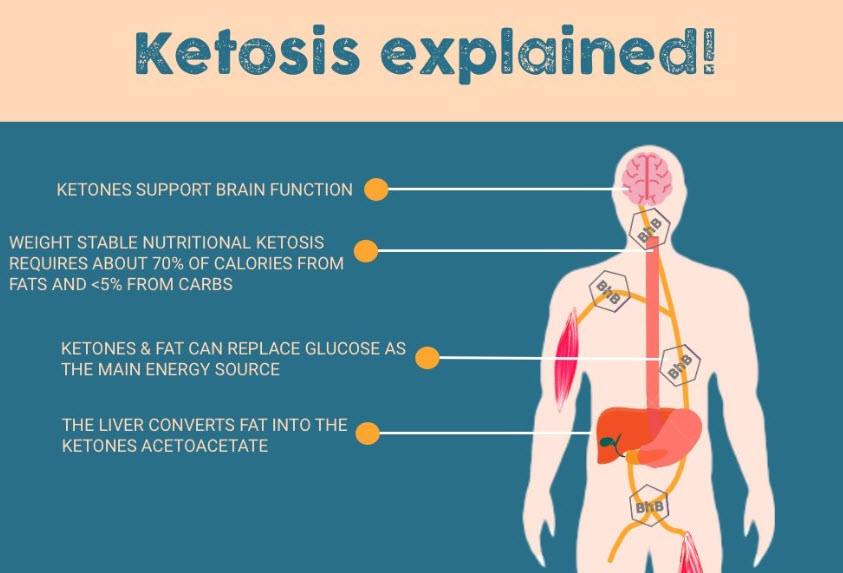In a world of quick-fix diets and weight-loss fads, intermittent fasting has become an effective nutritional strategy for some people.
The key is to restrict your calorie intake to a certain time window each day while still eating enough food to sustain your health and energy levels. This is a healthy way to change your habits, and it may also help you preserve or build muscle.
Can Intermittent Fasting Help With Muscle Gain?
Intermittent fasting is a diet that involves consuming all your calories in a specific time period. This may be for a few hours or several days at a time. There are many different styles of intermittent fasting, and you can find one that fits your schedule and lifestyle best.
When you go without food for an extended period of time, your body is forced to find a new source of energy. This can include burning fat. During the fasting period, your body breaks down glycogen, which is the fuel your muscles and liver use to create energy. Once that supply is depleted, your body begins to look for other sources of energy such as your fat cells.
In addition, fasting has been shown to increase fat loss by forcing your body to burn stored fat for energy. This can be particularly effective when used with a ketogenic diet, which reduces carbohydrates and forces your body to break down your fat stores for energy.
However, you need to be careful about how you eat while on an intermittent fasting plan. Typically, you will not be able to eat as much as you would on a normal diet because your eating window is shorter than most people’s, and it can be difficult to make sure you get enough protein and calories.
You need to eat high-quality, nutrient-dense foods during your fasting period. These should include plenty of vegetables, lean meats and whole grains. These foods contain fiber, vitamins, minerals and other nutrients that help keep your blood sugar levels steady.
Another key point is that you should be sure to drink plenty of water throughout the day. This will help keep you hydrated and prevent dehydration, which can be a big challenge on an intermittent fasting plan.
It’s also important to avoid calorie-dense, high-sugar snacks and meals when you are on an intermittent fasting plan. This is because these types of foods can cause your blood sugar to spike, which could lead to weight gain and other health problems.
What Are the Benefits of Building Muscle?
Muscle mass is one of the most important components of your total body composition, as it has many health benefits. Increased muscle mass can help you lose fat, improve your quality of life and reduce your risk of disease.
Adding lean muscle is also an effective way to boost your metabolism, which burns more calories even when you're not exercising. It can also lower your blood sugar levels, as well as make you more resistant to disease, such as diabetes.
To build muscle, it's important to exercise regularly with weights and resistance exercises that target all of your major muscle groups. You should focus on doing a set of each exercise with a weight that fatigues your muscles after about 12 to 15 repetitions.
You should also give your muscles time to recover between workouts. Resting one full day between working on different muscle groups gives them a chance to regenerate and repair.
As you progress in your strength-training program, adjust your intensity and volume to keep improving. Do more reps or heavier weights to get stronger and harder, but never lift so much that you can't do another rep.
If you do a lot of heavy lifting, be sure to take a break from training the same muscle group on consecutive days. This will allow your muscles to recover and grow, which will help you achieve greater results.
It's also important to consume enough calories and protein when you're building muscle. This means making sure you eat at least a few meals per day. You can do this by focusing on foods that are high in protein, such as chicken breast or baked salmon.
If you're doing intermittent fasting, it's important to make sure that you still eat enough calories and protein on your fasting days. Eating too few calories or proteins can result in a decrease in muscle mass, which can be an adverse effect on your health.
Frequently Asked Questions
What is the latest research on intermittent fasting for weight loss?
There are many ways to lose weight and intermittent fasting. There are studies that suggest changing your eating habits throughout the day could be beneficial for weight management and overall health. Studies also show that structured fasting can increase metabolism, decrease food cravings, promote fat loss, and reduce inflammation.
Intermittent Fasting is a fascinating concept that relies on several physiological processes. It can be used to increase health and weight loss. Recent studies have shown that intermittent fasting can improve insulin sensitivity, cell repair and hormone balance, as well a positive effect on bacterial populations.
These changes offer promise for anyone looking to change their lifestyle or add an additional tool to help them lose weight. People who strive to achieve long-term success can reap the benefits of increased energy and mental clarity.
The evidence supporting positive hormone balance through fasting protocols is equally impressive. This prevents you from feeling deprived or too satisfied by indulgences. This allows you to eat optimally while still achieving your physical activity goals.
You can trust your plan of action to work by building on the scientific research and conclusions about intermittent fasting.
How long can I fast during intermittent fasting to lose excess weight?
You need to consider your reasons for wanting intermittent fasting to lose weight and set realistic goals. You may not like the idea of fasting for long periods. However, this can lead to rapid weight reduction.
It is important to establish how often and how much time you will fast in order to achieve your goals. How many hours/days will you dedicate each week? This depends mainly on what type of routine you want - daily 16-hour "time-restricted feeding" or anywhere from one to seven days of water fasting - as well as factors such as physical activity level, current health status, and overall well-being.
Listening to your body is the most important thing. Begin by looking at your energy levels and hunger levels throughout the day. Different diets might not be suitable for everyone. If a particular regime isn't working for you, feel free to experiment and find something that does work; there are countless dietary variations, including eating two meals a day or semi-fasting.
Intermittent fasting is a way to get more feedback from your body. You can gain insight into potential dietary triggers and preventive measures. It integrates a practical framework that allows you to lead a healthy and happy life. We are forced out of our comfort zone, which motivates us towards our goals.
How to start intermittent fasting
It can seem difficult to start intermittent fasting. But taking the right steps and understanding what it involves can help begin a successful intermittent fasting journey.
First, pick the type and duration of fasting that interests you. There are three main types, time-restricted intermittent fasting, the 16/8 and the 5/2. The 16/8 method is a time-restricted fast that restricts your eating habits to certain hours per day. While the 16/8 means you can eat meals in a short 8-hour period and skip meals the rest of the day, the 16/8 way involves eating meals only within those hours. The 5 to 2 diet includes two days of calorie restriction per week with normal eating on the rest.
Second, make sure to stock up on nutritious foods that can be made quickly and are easy to eat when hungry. This includes nutrient-rich proteins such as eggs, fish, beans, and pulses; healthy fats from nuts and seeds or olive oils; high-fibre carbohydrates like quinoa or buckwheat; and various fresh fruits and vegetables to get your daily dose of vitamins and minerals.
After planning your meals, plan how to handle social pressure when dining out with family or friends since self-control is key when on an intermittent fast lifestyle. Flexibility and adaptability are key in staying focused on your goals. Therefore, you should include sweet spot meals to increase satisfaction without compromising the progress made in recent weeks or months.
To keep your motivation high, you should also keep track of your results. Keep an eye on your body weight, measurements around your waistline, hips and other areas. Don't forget about rewarding yourself when you achieve your goals.
What science has to tell us about intermittent fasting
Science's understanding of intermittent fasting may lead to improvements in lifestyle nutrition. Intermittent fasting is strategically consuming meals within a certain window and abstaining from food for the remainder of the day. If done properly, fasting is believed to improve cognitive performance as well as metabolic health.
Intermittent fasting is a way to unravel how it works. Intermittent Fasting can trigger a change in metabolism. It lowers sugar levels and encourages cells to use fat as their primary energy source. This aids weight loss since it burns stored body fat instead of relying solely on recently eaten food. In addition, it encourages the use of glucose which is essential for normal metabolic function.
Recent research suggests that intermittent fasting could have antiaging effects by increasing autophagy*. Autophagy is a term that means "self-eating". It refers to a crucial cellular process where damaged or unutilized proteins are recycled to sustain healthy cells all through life. Although more research is needed to determine if this could be beneficial for humans, the evidence we have so far seems promising.
Intermittent fasting is shown to be beneficial for overall health. However consulting your doctor before making any changes is highly recommended. Healthy changes should be made slowly. You should aim for a healthy balance between activity and diet. It's worth speaking to an expert about how intermittent fasting might work for you.
Who should not do intermittent fasting?
It is equally important to understand who should and shouldn't do intermittent fasting. Intermittent fasting has many health benefits, but may not be appropriate for everyone.
First and foremost, pregnant women and those wishing to conceive should avoid intermittent fasting due to the lack of clinical evidence determining its safety during pregnancy or conception. A restricted diet may also be a trigger for people with eating disorders and those who have difficulty eating.
Let's say you take insulin or suffer from hypoglycemia. Before attempting intermittent fasting, you should speak with your doctor to avoid any risks associated with low blood sugar levels. People who are engaged in intense exercise might want to reconsider short-term (16 hour) fasting. This is a better option than the 16/8 approach common to most intermittent fasting.
If you are thinking about starting an intermittent fasting regimen, consult your doctor or a nutritionist for advice on how your body will react.
What foods should I eat in order to lose weight fast while doing intermittent fasting
Cultivating an effective diet takes strategic thinking. You must make sure that the food you eat and how much you eat are in line with your fitness goals if you plan to use intermittent fasting. It is important to avoid eating too many processed foods or excessively overeating.
Consider proteins first if you're looking to lose weight with intermittent fasting. Lean proteins such as chicken, salmon or ground turkey are rich in muscle-burning amino acid and plenty of filling fiber. Eating protein instead of empty carbs will help keep you full longer and assist with satiety. High-fiber vegetables, such as leafy and cruciferous greens, will help you feel fuller for longer periods of time. They also have essential vitamins and mineral like vitamin C, K, beta carotene, potassium and magnesium that can be used to fuel your cells. Complex carbs such as oats and rice can be added to meals to give you more energy for your workouts. It also regulates blood sugar so that you don't feel overwhelmed when you finish eating.
Don't forget to eat healthy fats in moderation. You can get a lot of nutrients from Nutrient-rich foods like sunflower seeds or chia, which provide high levels of MUFA/PUFA. These are great for your overall health. Brocolli is a nutrient-dense vegetable that contains many micronutrients, including calcium, magnesium and iron. It can be used to combine all of these macronutrients in one meal.
By following these steps, you can easily put together a well-balanced keto meal plan during the time of intermittent fasting. It will satisfy hunger cravings while also reducing nutritional deficiencies.
Is there a more effective way to lose weight by intermittent fasting?
Intermittent fasting is a way to change your eating habits. It involves changing your eating habits to help you lose weight and shed fat. You can optimize the way your metabolism functions by cycling between periods when you eat and those that you fast. This could potentially lead to improved health outcomes.
However, which fast and intermittent patterns are the most effective in weight loss? Depending on your goals and lifestyle needs, several different approaches may lead to success.
The 16:8 approach is a good fit for people who are looking to make a small lifestyle change. This means that you fast for 16 hours straight, then eat all your meals in an 8-hour time period. You end it usually with a dinner or an evening snack. This allows you to start slowly but still make some weight loss or maintenance progress.
People looking to transform their lives may consider the 5/2 Intermittent Fasting diet. This means that you fast for two days per week and eat normal calories the rest of the week. It is important to aim for nutrient rich foods and not restrict your calorie intake on non-fasting nights. This is a very discipline-intensive pattern. Tracking macronutrients, understanding your fuel needs, and how to get them, will ensure you achieve the desired results quicker.
Intermittent Fasting is best done consistently, regardless of the method. One person might prefer strict adherence while another person may be more comfortable eating whole foods and healthier. If you want to see results from Intermittent Fasting, make sure you know what your goals are before you assume that others will have the same experience.
Statistics
- Fat consumption was examined in 1 study, which compared dietary fat intake of 45% versus 25% at the expense of carbohydrate intake. (ncbi.nlm.nih.gov)
- IF trials found weight loss of 0.8% to 13.0% of baseline weight with no serious adverse events. (ncbi.nlm.nih.gov)
- When diet composition was controlled, most protocols were consistent with Health Canada and American Heart Association guidelines: 55% carbohydrates, 20% fat, and 25% protein. (ncbi.nlm.nih.gov)
- The rigor of fasting also varied, with several studies allowing 25% of regular caloric consumption during fasting periods. (ncbi.nlm.nih.gov)
External Links
ncbi.nlm.nih.gov
- The MATADOR study reveals that intermittent energy restriction can improve weight loss in obese men. PubMed
- INTERMITTENT FASTING & HUMAN METABOLIC HELTH - PMC
jamanetwork.com
pubmed.ncbi.nlm.nih.gov
- Intermittent fasting and diabetes: What role does it play in treatment? PubMed: Review of the literature and guideline for primary care physicians.
- Daily Fasting Improves Health and Survival in Male Mice Independent of Diet Composition and Calories - PubMed
doi.org
- Nutrients. Free Full-Text. Clinical Management of Intermittent fasting in Diabetes Mellitus Patients
- 24-Hour Fasting in Diabetes: A guide for physicians advising patients regarding medication adjustments prior religious observances (or other outpatient surgical procedures). Grajower – 2011, Diabetes/Metabolism Research & Reviews – Wiley Online Library
How To
Exercising while Practicing Intermittent Fasting
It takes a lot of attention to detail to create the ultimate workout routine. A great fitness professional knows that it's more than just how many calories are burned.
It's possible to make smarter choices about your food habits and maximize your workouts, while also protecting your health. Intermittent fasting and exercising are great ways to do this.
Both of these techniques will allow you to control hunger and food temptations while still getting the results that you desire. When done simultaneously, they work synergistically to provide amazing metabolic benefits.
Intermittent fasting, which stimulates fat burning through hormone levels, is proven to be powerful when combined with regular exercise. This allows you switch up your energy source to make stored fats more available for fuel, which makes your workout sessions more effective.
It is possible to exercise or practice intermittent fasting while still consuming less calories. This allows you to work out more intensely without having to compromise your energy output. This pairing can also reduce muscle protein loss from exercise, and reduce oxidative damages from free radicals that result from working out hard and frequently.
Start experimenting with these powerful combinations and start taking control of your transformation today!
Resources:
 |
What are BENEFITS of Intermittent Fasting?Some research suggests that intermittent fasting may be more beneficial than other diets for reducing inflammation and improving conditions associated with |
 |
[Doctorly Unhinged - EP1] Ozempic Woes, DEBUNKING Intermittent Fasting, and the DANGERS of ManicuresSUBSCRIBE TO OUR PODCAST! https://doctorly.podlink.to/unhinged Is this trending medication that’s been touted to cause dramatic weight loss changing |
 |
The Good Life: Intermittent fasting: Ideal for weight loss?We decode the hype around one of the most popular eating methods for weight loss. Is intermittent fasting for everyone? #thegoodlife #intermittentfasting |
 |
Intermittent Fasting: A Two-Month Experiment. Does It Work? | Talking Point | Full EpisodeAfter drinking sugar-laden bubble tea three times a week for a month for an earlier Talking Point episode, host Steve Chia is ready to lose the weight he |
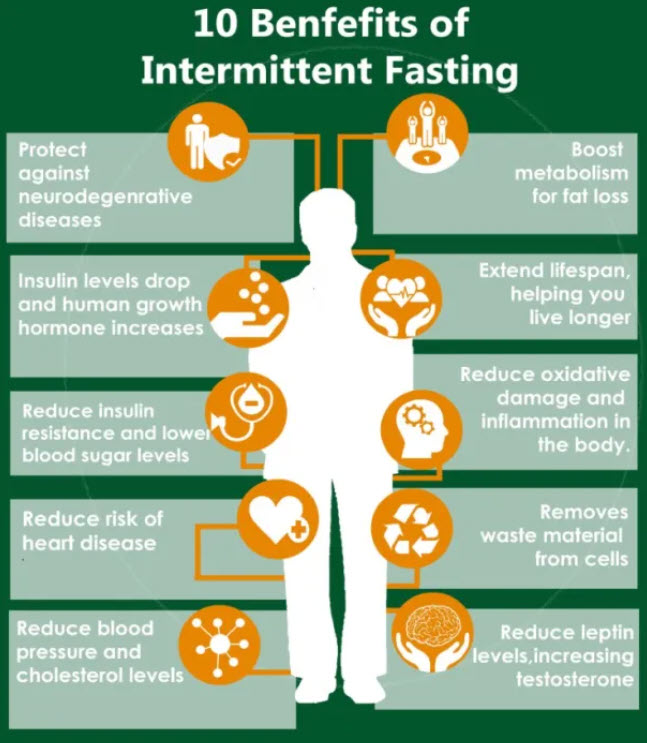 |
Intermittent Fasting For Weight LossWeight loss with Ketosis |
 |
Intermittent Fasting May Have Health Benefits Beyond Weight Loss | TODAYAccording to an article in the New England Journal of Medicine, new evidence suggests that intermittent fasting could provide many health benefits beyond |
 |
Don’t know whether to cut or bulkDon’t know whether to cut or bulk |
 |
What’s your favorite way to eat chicken?What’s your favorite way to eat chicken? |
 |
Intermittent Fasting TESTED - 30 Day Before & AfterGo to https://NordVPN.com/goalguys and use code GOALGUYS to get a 2-year plan plus 1 additional month with a huge discount. It’s risk-free with Nord’s 30-day |
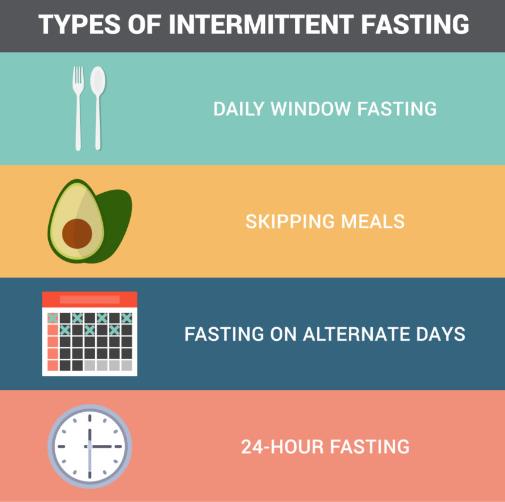 |
Intermittent Fasting For Pregnant WomenWhile intermittent fasting for pregnancy has its benefits, it can also be dangerous. Read on to learn more about the risks and benefits of.. |
 |
Intermittent Fasting and Low-Carb DietIf you want to lose weight, try combining intermittent fasting with a low-carb diet. Both methods help you lose fat and control health conditions... |
 |
Intermittent Fasting Guide for 2022 | Doctor Mike HansenIntermittent Fasting Guide for 2022 | Doctor Mike Hansen Did you know that it's been predicted that by 2030, more than half of the U.S population will be |
 |
How to do Intermittent Fasting: Complete GuideJoin my Email List: https://www.thomasdelauer.com Check out Thrive Market: http://ThriveMarket.com/Thomas Follow More of My […] |
 |
Intermittent Fasting Myths - Top 5 | Jason FungI cover the most important myths about intermittent fasting and why they are not true. Check out my website at https://www.doctorjasonfung.com and blog at |
 |
How Autophagy WorksAutophagy is a dynamic degradation system that promotes tumor survival. It also promotes the growth of established tumors and facilitates metastasis. .. |
 |
How Intermittent Fasting Affects Your Body and Brain | The Human BodyStars like Beyonce and Hugh Jackman have spoken out about following intermittent fasting plans to get in shape. How does intermittent fasting work? Here's what |
 |
Intermittent Fasting 8/16You may have heard of the intermittent fasting 8/16 or 12/12 time restriction. This type of fast requires you to go without eating or drinking for.. |
 |
Intermittent Fasting For WomenSide effectsWomen who are looking for a way to lose weight can try intermittent fasting. However, there are several side effects to this type of.. |
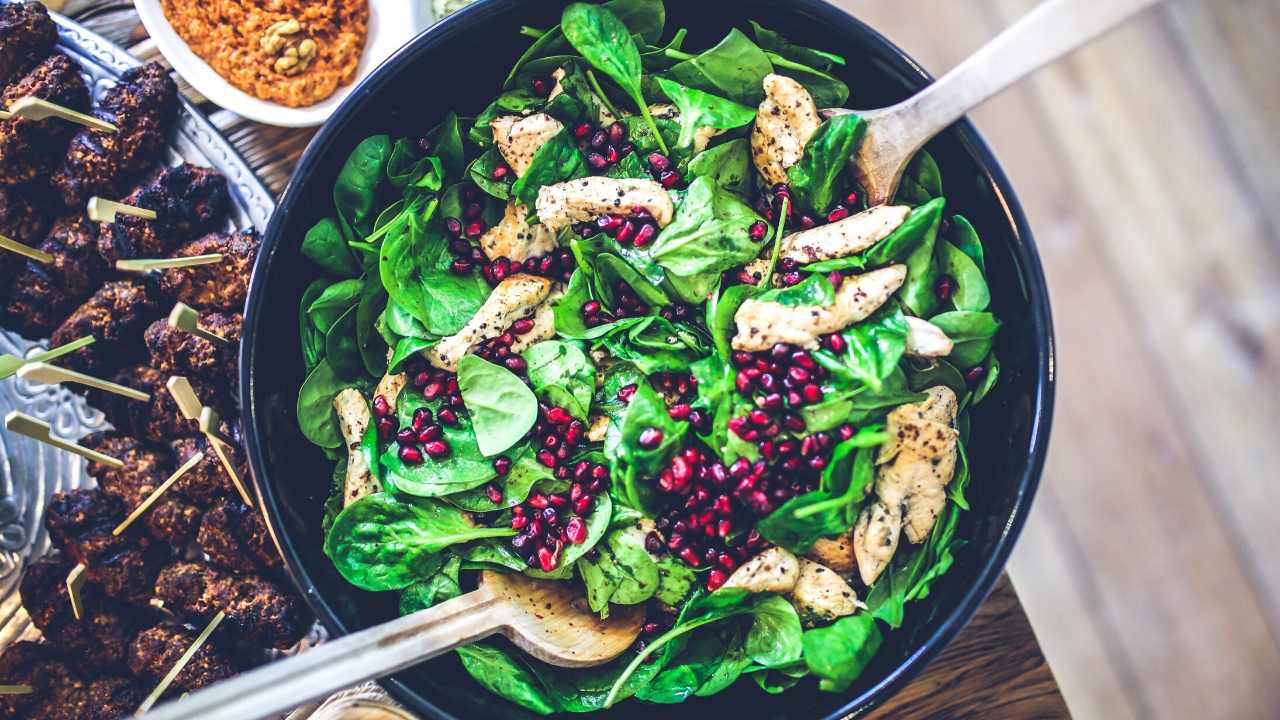 |
How Much Cholesterol in a DayHow much cholesterol in a day depends on a number of factors. While dietary cholesterol is not necessarily bad, excess intake can lead to serious.. |
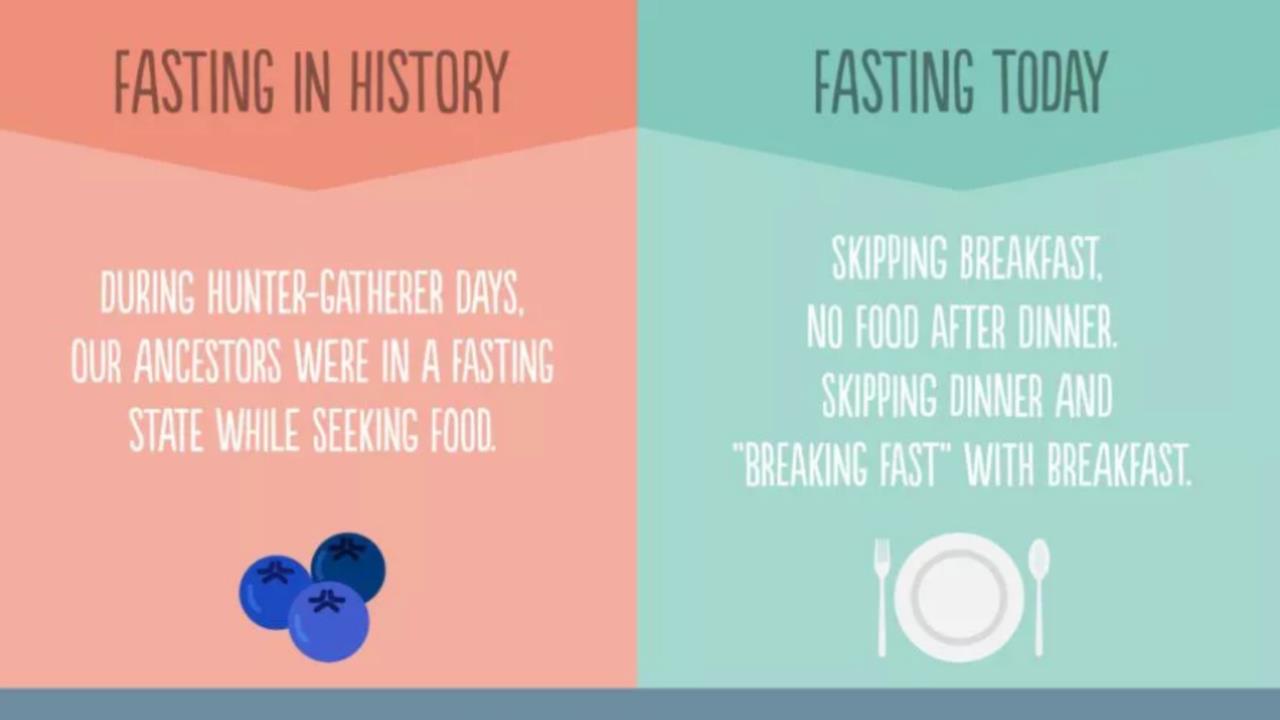 |
Is Skipping Breakfast Right For You?Skipping breakfast has a number of benefits, including the ability to lose weight, improve training performance, and increase growth hormone levels... |
 |
The Benefits of the AIP DietThe AIP diet has a number of health benefits. Besides reducing inflammation and weight, this diet also provides essential nutrients. These include.. |
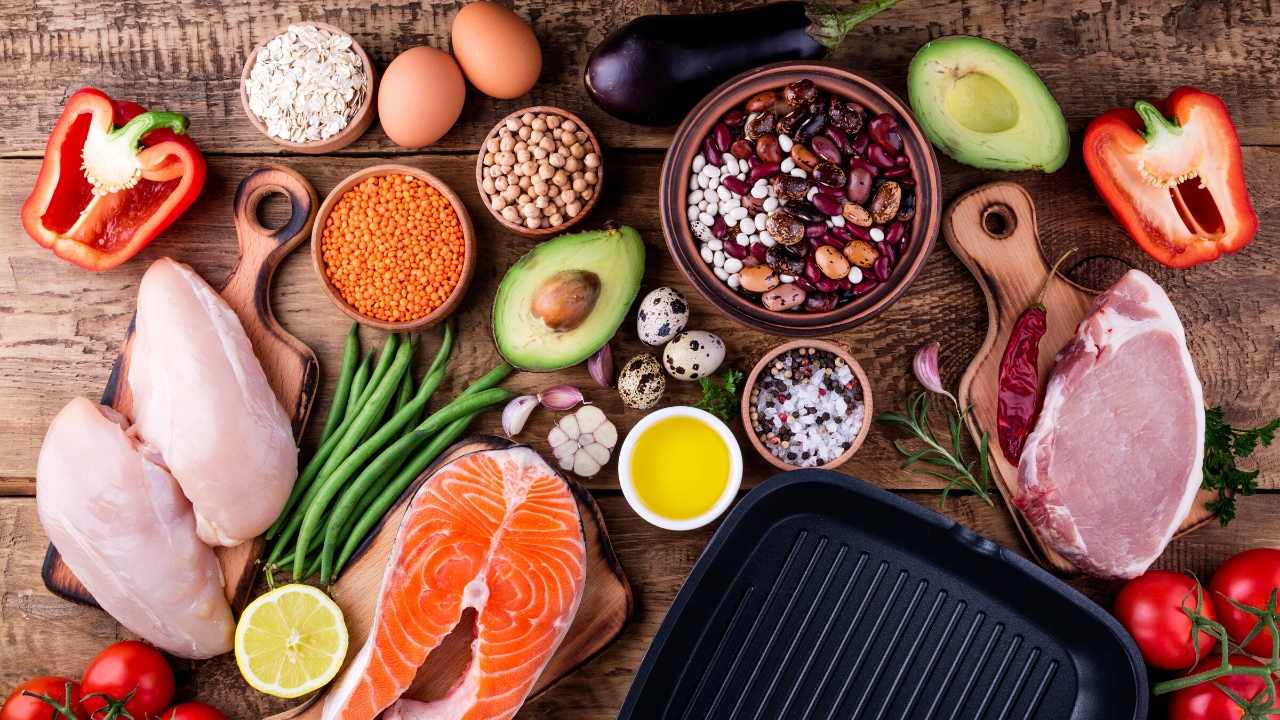 |
Is Eating Only One Meal A Day a Good Idea?Eating only one meal a day is not a good idea, and it is not sustainable for most people. It may help some people lose weight, but for the average.. |
 |
What Are the Side Effects of Water Fasting?Water fasting is a form of fasting, where a person consumes only water during a period of time. It may be undertaken for medical reasons or for.. |
 |
Intermittent Fasting and Blood PressureResearchers have discovered that intermittent fasting may have positive effects on blood pressure. Blood pressure affects the risk of heart disease,.. |
 |
Intermittent Fasting For Weight LossAll you need to know about Intermittent fasting and weight loss |
 |
Is it Okay to Drink Coffee on Intermittent Fasting?You might have heard that it's okay to drink black coffee on intermittent fasting. But did you know you can also enjoy a cold brew? What about.. |
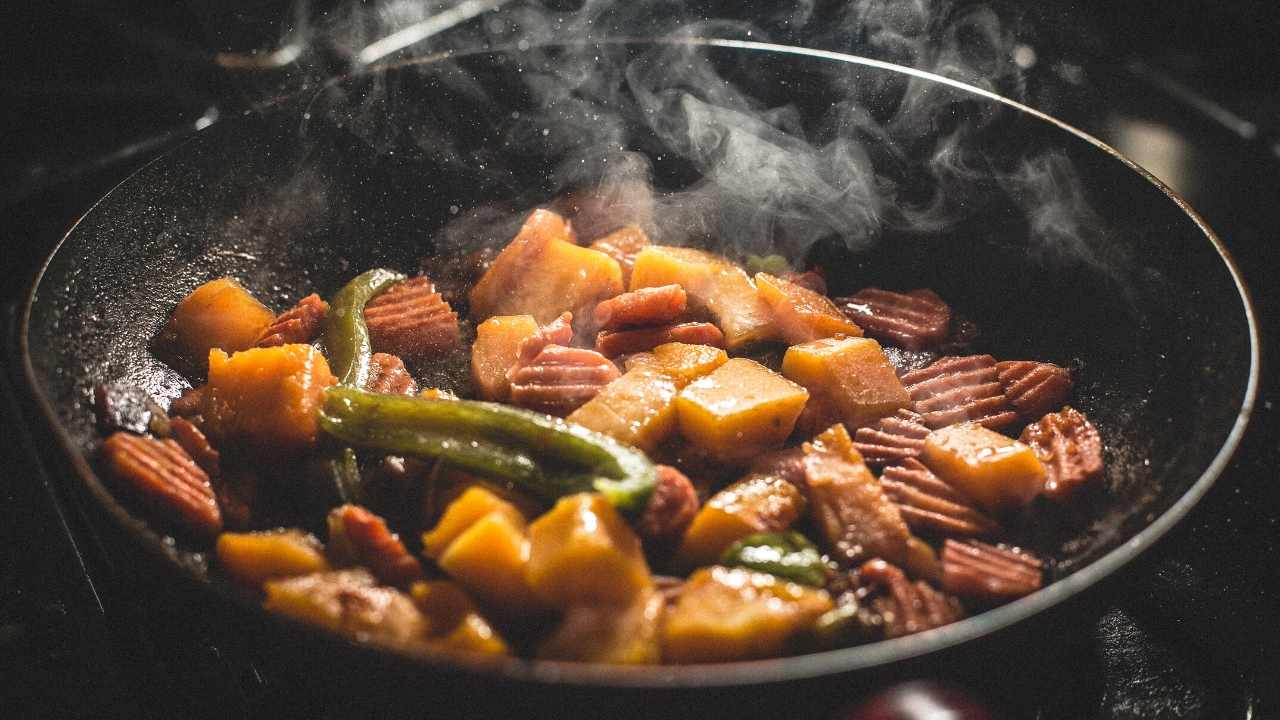 |
How to Start Fasting 48 HoursIf you are considering fasting 48 hours, here are some of the benefits. There are also a few precautions you should keep in mind before you begin. In |
 |
A Psoriasis Diet Can Help Reduce the Severity of Your PsoriasisA psoriasis diet should consist of eating foods that are rich in vitamin A and C, as well as avoiding sugars and processed foods. Avoid eating red.. |
 |
The DASH Diet to Prevent HypertensionThe DASH diet is an eating plan that was developed by the National Heart, Lung, and Blood Institute. It focuses on fruits and vegetables, low-fat.. |
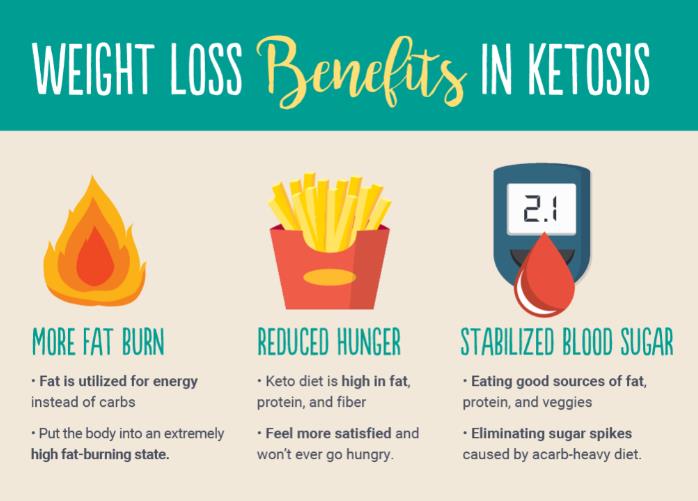 |
LIFE Fasting Tracker - LIFE Apps | LIVE and LEARNThe best, and free, intermittent fasting tracking app for iPhone and Android. Easy to use. Supports all fasting types. Fast with friends. Download for Free. |
 |
Intermittent Fasting AppsIf you're on an intermittent fasting regimen, it's important to keep track of your food and exercise intake. Several apps can help you stay on track.. |
 |
Time Restricted EatingIf you're interested in losing weight or improving your health, you may want to try Time-restricted eating or intermittent fasting. Read on to learn.. |
 |
Reactive HypoglycemiaThere are several different ways to treat reactive hypoglycemia. The first step is to reduce or eliminate your caffeine and alcohol intake. You may.. |
 |
Low-Carb Meal PlansLow-carbohydrate meal plans are based on limiting the amount of carbohydrates you eat. Instead, you replace foods that are high in carbohydrates with |
 |
Intermittent Fasting: What is it, and how does it work?Intermittent fasting involves switching between fasting and eating on a regular schedule. This type of fasting could manage your weight or even some forms of |
 |
How Autophagy WorksAutophagy is a dynamic degradation system that promotes tumor survival. It also promotes the growth of established tumors and facilitates metastasis. |
 |
The 12-Hour Fast - What Are the Benefits of a 12-Hour Fast?The 12-hour fast is a popular dietary approach that can help you lose weight. It forces your body to rely on its stored fats for energy. It has also.. |
 |
Fasting Before Working OutFasting before a workout has its advantages. Not only does it provide more energy during a workout, it can also help with digestion, which can take.. |
 |
Healthy Ways to Lose WeightLosing weight is a great way to improve your health and reduce your risk of certain conditions. It can also reduce your total cholesterol levels and.. |
 |
Intermittent Fasting 101 — The Ultimate Beginner's GuideThis is a detailed guide to intermittent fasting (IF). Studies show that it can help you lose weight, improve health and perhaps even live longer. |
 |
Top Intermittent Fasting AdvantagesThere are many advantages to intermittent fasting as a strategy for weight loss. Intermittent fasting can work with any diet... |
 |
Weight Loss (Low Carbohydrate Diets)Low carb diets have often been used throughout history for weight loss. Although sometimes called a fad, low carb diets have actually more science... |
 |
The Key Factors of Weight LossWeight gain and obesity, like any medical disease, is multifactorial. This means that there are many factors that cause weight gain... |
 |
How Doctors Lose WeightHow do doctors lose weight? For their patients, doctors often advise following standard diets, but when trying to lose weight themselves... |
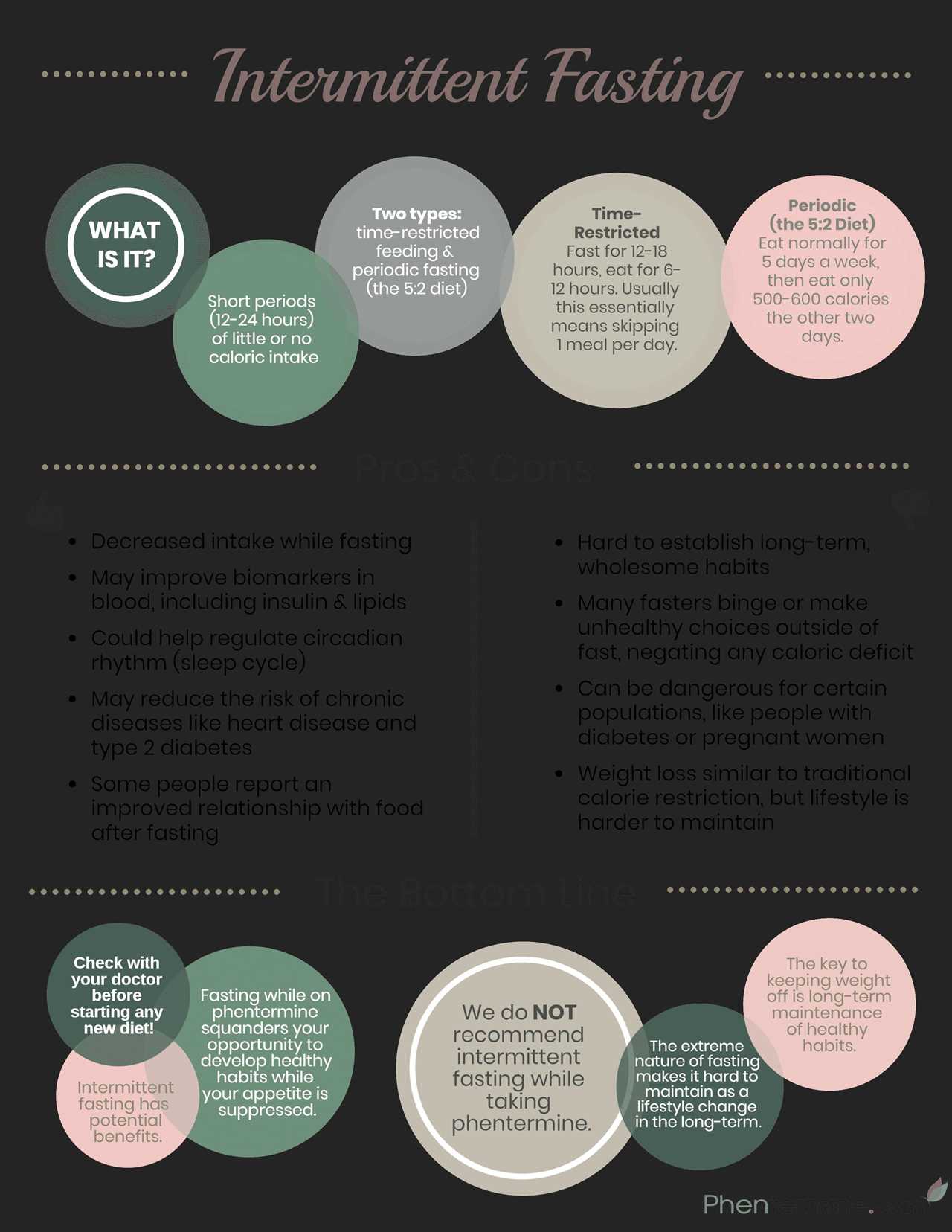 |
Is intermittent fasting good for you?Intermittent fasting isn't new, but it's gaining followers. What's the appeal? |
 |
Vacation Weight Loss PlanWhat is the best vacation weight loss plan? Most people [...] |
 |
Should I (lean-) Bulk or Cut?Should I (lean-) Bulk or Cut? |
 |
100lbs down!100lbs down! |
 |
Calculating the Maintenance calories on workout and rest daysCalculating the Maintenance calories on workout and rest days |
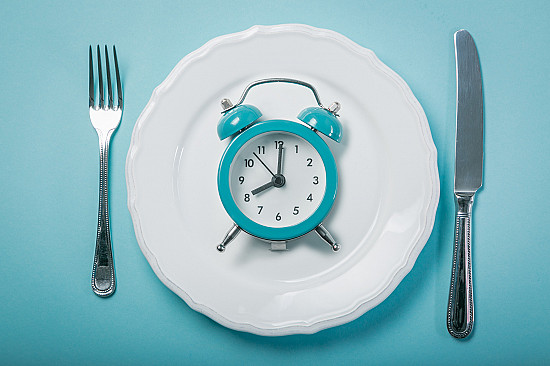 |
Intermittent fasting: The positive news continues - Harvard HealthHarvard research about Intermittent fasting ... |
 |
Rat Model: Intermittent Fasting Normalizes High Blood Pressure Induced by Harmful Intestinal BacteriaPrevious studies have shown that a harmful combination of gut bacteria can cause high blood pressure (hypertension) in humans and other animals. Having a |
 |
Your D-I-E-T Meditation PlaylistIn my TEDx talk, I suggest recasting the noxious word “diet” into D-I-E-T — a reminder to ask ourselves “Did I Enrich Today?” One of the ways we can enrich…The |
 |
Holiday Health (Damage Control)With the holidays on us, maybe your intermittent fasting schedule isn’t as rigorous as it once was. That’s not necessarily a bad thing, because social |
 |
You Got a Zero.Zero’s not been my hero. Through grade school and college, zeroes used to be something of a monster in my mind. Teachers illustrated just how bad a zero is |
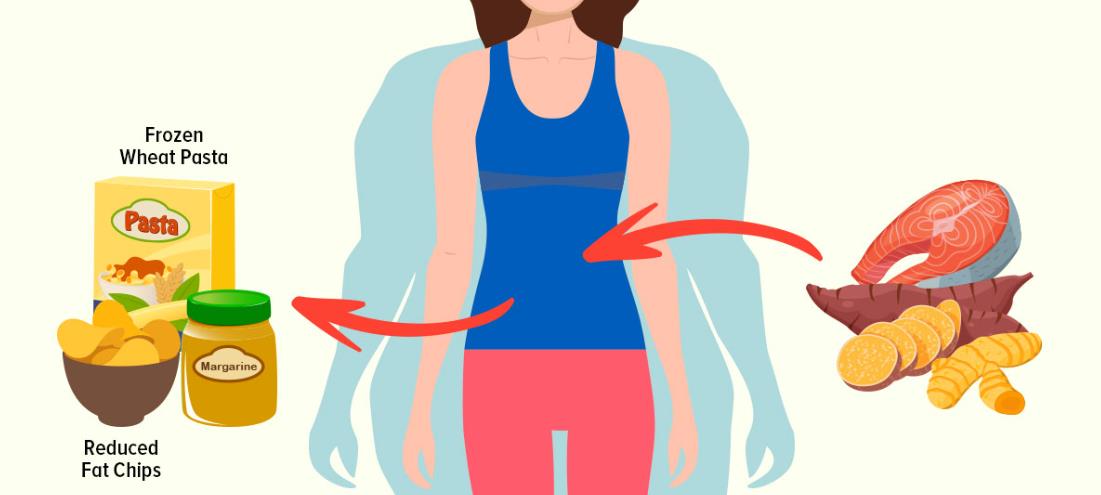 |
Six ways to do intermittent fasting: The best methodsIntermittent fasting is an increasingly popular diet option for weight loss. There are several programs, but this guide can help you find out which one is |
 |
Intermittent Fasting ExperiencesI took part in an energetic discussion of intermittent fasting experiences as part of the release of Women Action Takers Who Gained By Losing for which I wrote |
 |
How to Break a Fast: What to Eat After FastingHow to Break a Fast: What to Eat After Fasting Written by Stephen Anton PhD on May 15th, 2022 How to break a fast? This is an excellent question and one |
 |
How to Believe in Yourself: 10 Tips for Becoming Your Best SelfHow to Believe in Yourself: 10 Tips for Becoming Your Best Self Guest Post by William Anton PhD on June 12th, 2022 William D. Anton, Ph.D is a renowned |
 |
36-Hour Fast (Monk Fast): Everything You Need to Know36-Hour Fast (Monk Fast): Everything You Need to Know Written by Stephen Anton PhD on July 5th, 2022 The 36-hour fast is a challenging fast in that it |
 |
Diet A to Z: Intermittent FastingThe two-day-a-week diet: How intermittent fasting can help you lose weight and boost your health. |
 |
18/6 Intermittent Fasting: Is It the Right Plan for You?18/6 Intermittent Fasting: Is It the Right Plan for You? Written by Stephen Anton PhD on November 29th, 2022 Intermittent fasting has become one of the |
 |
20/4 Intermittent Fasting: The Pros and Cons of a Longer Fast20/4 Intermittent Fasting: The Pros and Cons of a Longer Fast Written by Stephen Anton PhD on January 25th, 2023 There are so many different approaches to |
 |
Everything you need to know about the OMAD dietThe one meal a day (OMAD) diet is a type of time-restricted eating intermittent fasting protocol that involves—you guessed it—eating just one meal a day and |
 |
The ultimate guide to intermittent fasting 20/4When we’re trying to lose weight, we usually think about what we can and can’t eat. Bye-bye beer and burgers. Helloooo carrots and kale! But with intermittent |
 |
The Flexitarian Diet — A Beginner’s Guide by SimpleFrom workouts to working hours, most of us enjoy a little flexibility. So it’s no wonder that when it comes to what we eat, a little wiggle room goes a long |
 |
The Mediterranean diet for weight lossPeople have loved the Mediterranean diet for many years. It’s not a “weight loss diet,” per se. It’s just how people in places close to the Mediterranean Sea |
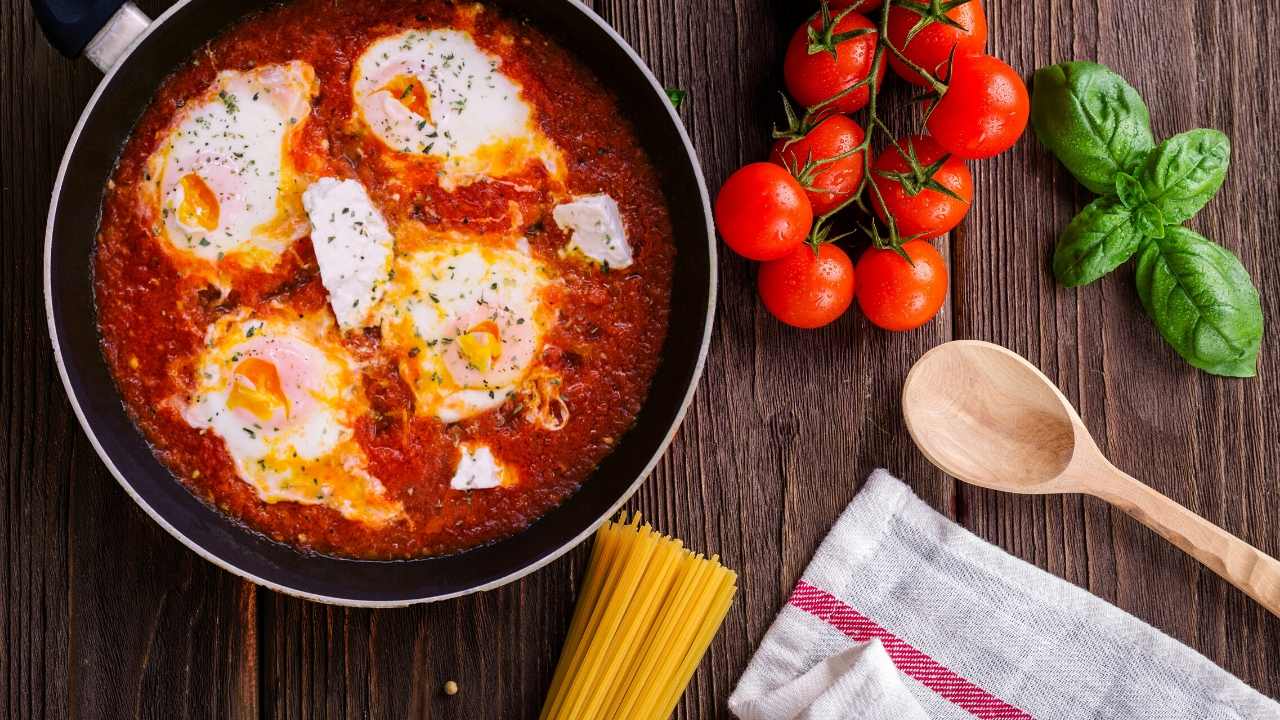 |
The complete guide to 18/6 intermittent fastingIntermittent fasting (IF) regularly shows up as many health-seekers’ go-to eating plan, and for good reason. Research suggests that it could have a profound |
 |
The Impact of Different Drinks during Intermittent Fasting: Benefits, Downsides, and ResearchA common dietary strategy called intermittent fasting (IF) alternates between periods of fasting and eating. Apart for water, black coffee, and tea, people |
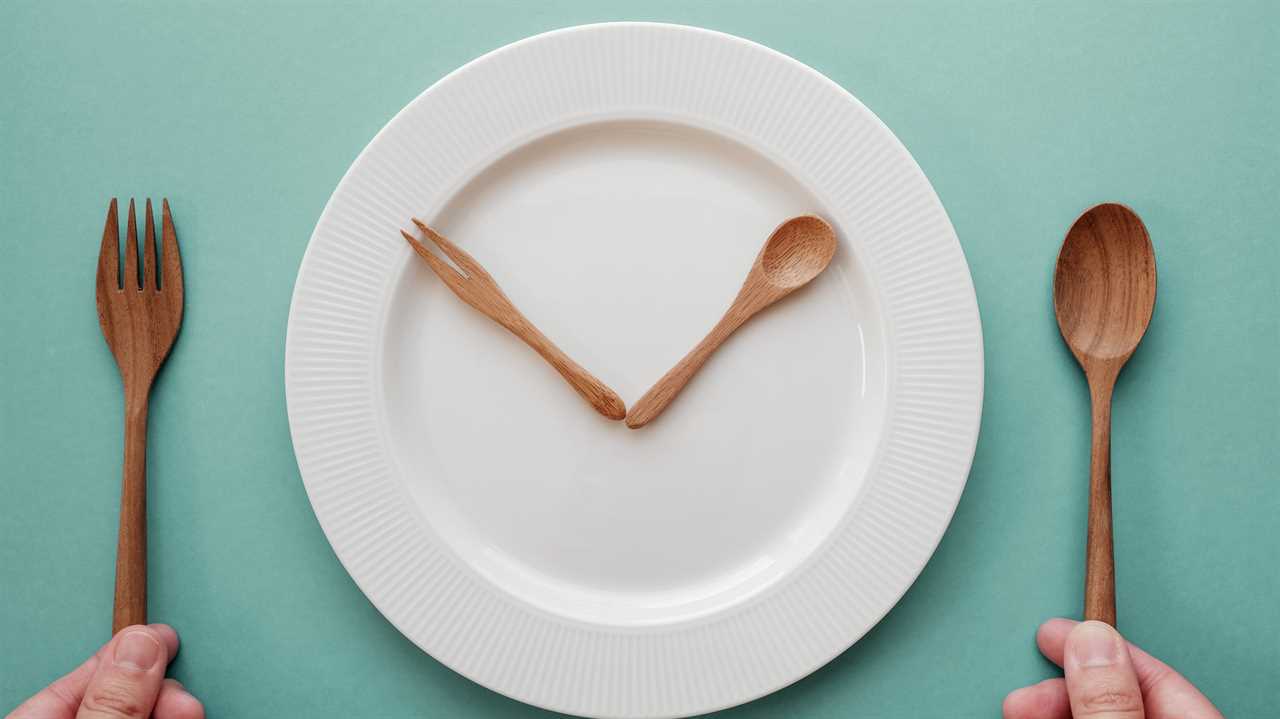 |
Intermittent fasting (IF): Your complete guide - Diet DoctorIntermittent fasting is popular, effective, and easy. This guide tells you how to get started with a successful intermittent fasting routine. |
 |
Intermittent Fasting and Muscle Gain: Benefits, Downsides, and ResearchA common dietary strategy for people who want to increase their muscle mass while also aiding fat loss is intermittent fasting (IF). Although IF has mostly |
 |
Burning Belly Fat: Intermittent Keto vs Intermittent Fasting – Which is More Effective?Visceral fat, commonly referred to as belly fat, is the fat that builds up around the midsection and is associated with a number of health issues, such as |
 |
When you’re ill, is intermittent fasting safe? Precautions and considerations.Those who want to reduce weight, get healthier, or even live longer are increasingly following the trend of intermittent fasting. Yet if you’re sick, you might |
 |
When Intermittent Fasting Stops Working: Reasons, Solutions, and EffectivenessRecently, intermittent fasting has become more well-liked as a technique to reduce weight, enhance general health and longevity, and even improve mental |
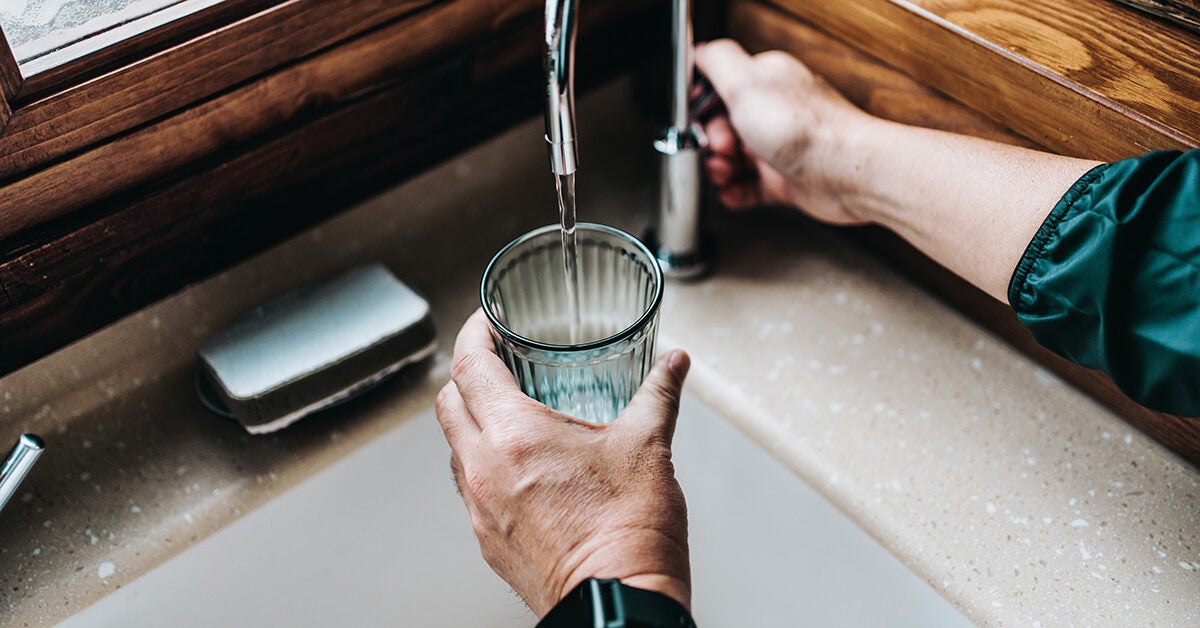 |
5 Intermittent Fasting Methods, ReviewedIntermittent fasting comes in many shapes and forms. This article reviews its pros and cons so you can decide if it's worth a try. |

